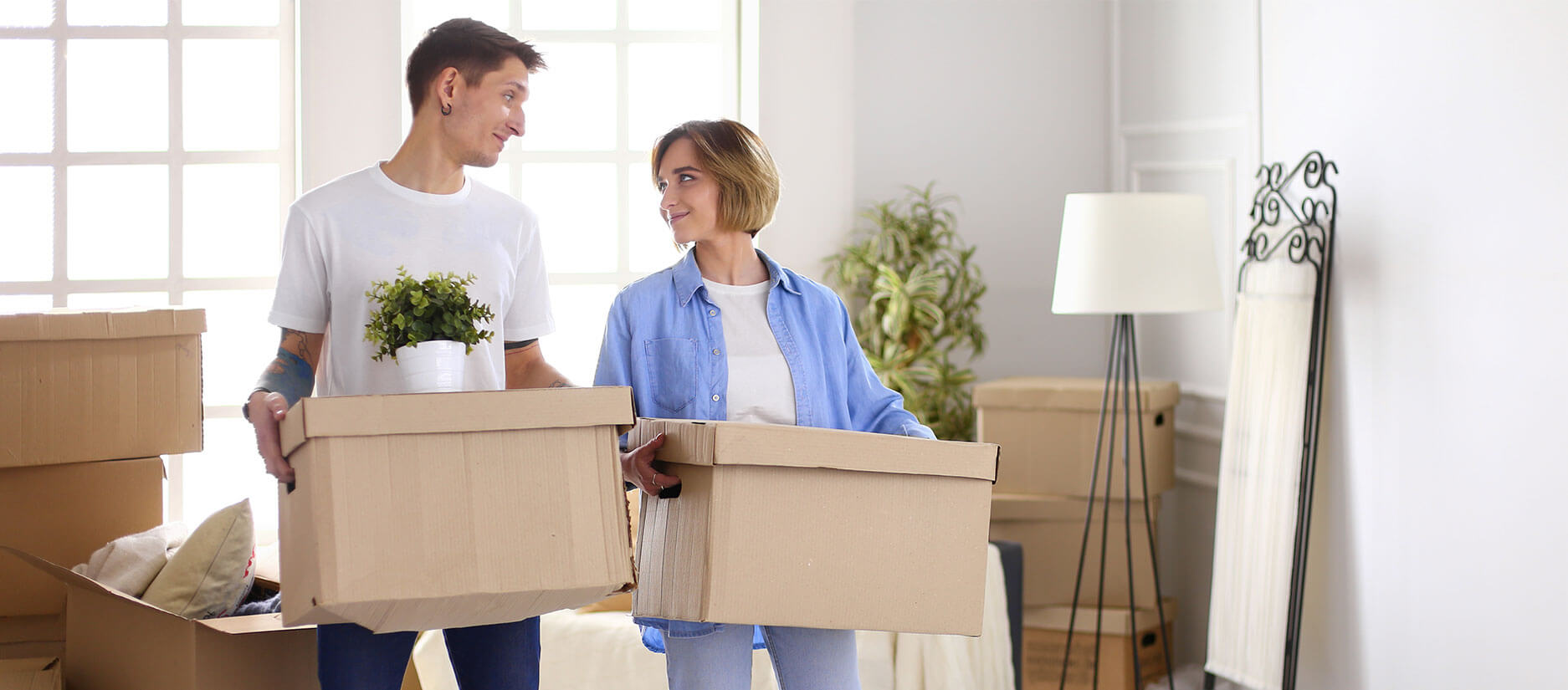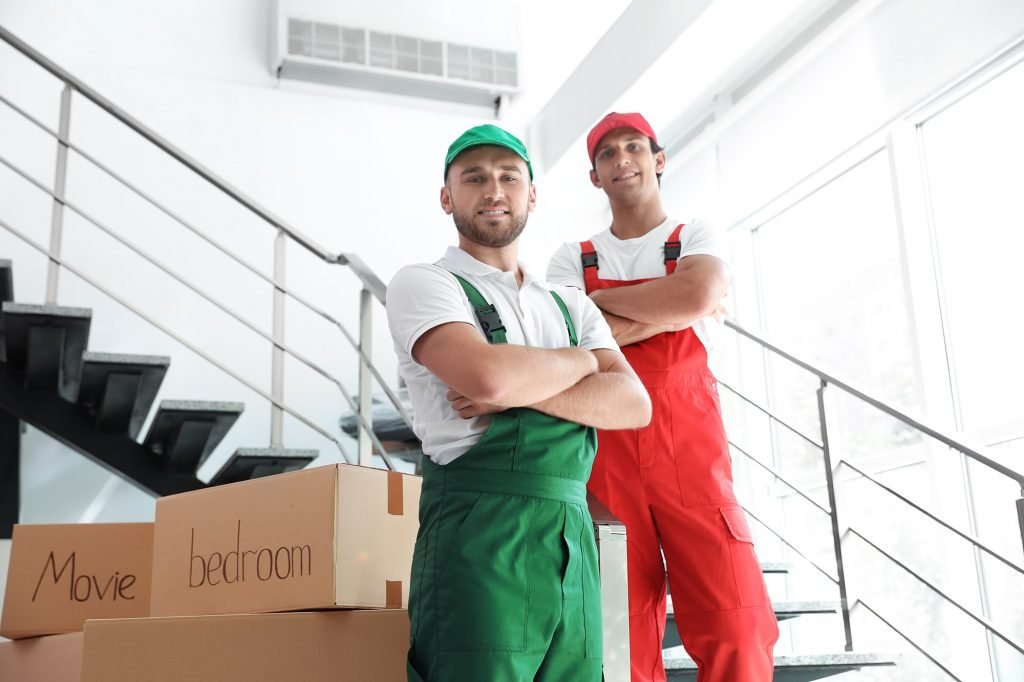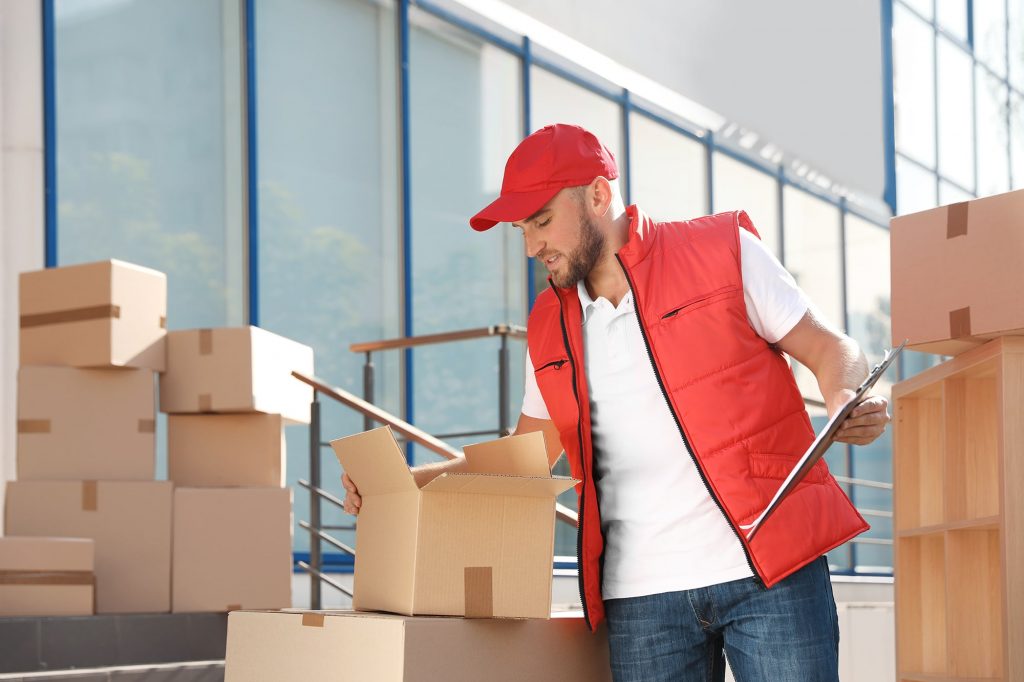Moving to a new home can be an exciting yet challenging process. To help you navigate this transition smoothly, we have compiled a list of frequently asked questions about home move preparation. This blog post will concisely answer common queries, offering valuable insights to ensure an organized, stress-free move.
When should I start preparing for my move?
It’s best to start preparations as soon as you know your moving date. Ideally, aim to begin 8 weeks in advance. This timeframe allows ample time to plan, organize, and complete various tasks involved in the moving process, ensuring a smooth and hassle-free experience.
How do I create a moving checklist?
Creating a comprehensive moving checklist is crucial for staying organized. Start by listing essential actions such as notifying utilities, updating your address, and researching moving services. Break down the checklist into smaller, manageable tasks to keep yourself motivated and on track throughout the moving process.
How do I choose a reliable moving company?
Research and compare moving companies by checking their reviews, asking for recommendations, and requesting quotes. Ensure the company is licensed and insured. Additionally, ask about their experience, services offered, and any extra charges involved.
What should I do with items I don’t want to bring with me?
Before the move, declutter your home and decide what items you want to keep, donate, sell, or discard. Consider hosting a yard sale or using online platforms to sell unwanted belongings. Donate usable items to local charities or give them to friends and family.
How do I transport personal toiletries, barbecue tanks, and propane or fuel tanks?
Transporting personal toiletries, barbecue tanks, propane tanks, or fuel tanks requires special care and attention due to safety regulations. Here are some guidelines to follow:
Personal toiletries
Place personal toiletries, such as shampoo, lotion, or cleaning products, in sealed plastic bags or leak-proof containers. Pack them in a separate box or bag to prevent spills or leaks. Keep them upright during transport and avoid placing heavy objects on top.
Barbecue tanks
Propane tanks for barbecues are typically not allowed to be transported in moving trucks due to safety regulations. It is best to use up or safely dispose of the propane before the move. Consult local guidelines or contact your local waste management facility for proper disposal methods.
Propane or fuel tanks
Propane or fuel tanks used for appliances or equipment, such as lawnmowers or generators, also require special handling. Empty the tanks completely before the move, ensuring there is no fuel or propane remaining. If the tanks cannot be emptied, consult the appropriate authorities or professionals for safe disposal or transport options.
How should I declutter before the move?
Decluttering is essential before a move as it reduces the number of items you need to pack and transport. Sort your belongings into keep, donate, sell, or discard. Be ruthless in letting go of things you no longer need or use. Consider hosting a garage sale or donating to local charities to lighten your load.
Where do I get moving boxes?
Finding moving boxes is an important part of preparing for a home move. Here are some options for obtaining boxes:
Local stores and businesses: Check with local supermarkets, liquor stores, bookstores, or office supply stores. They often have spare boxes they are willing to give away for free or sell at a low cost.
Online marketplaces: Explore online platforms like Craigslist, Facebook Marketplace, or Freecycle. Many people offer free or discounted boxes in these forums.
Home improvement stores: Home improvement stores like Home Depot or Lowe’s often sell sturdy boxes in various sizes. They also offer specialty boxes designed for specific items like dishes or wardrobes.
Moving companies: Some moving firms provide moving supplies, including boxes, as part of their services. Inquire with your chosen moving company if they offer box packages or sell individual boxes.
Friends, family, and neighbors: Reach out to your social circle and ask if they have any spare boxes from their previous moves. Borrowing or purchasing from someone you know can be a convenient and cost-effective option.
How do I find a reputable moving company?
Finding a reliable moving company is crucial for a successful move. Start by researching and comparing moving companies in your area. Read reviews, ask for recommendations from friends and family, and obtain multiple quotes. Ensure the company is licensed, insured, and has a proven track record of handling moves similar to yours.
How can I pack efficiently?
Start by gathering packing supplies like boxes, packing tape, bubble wrap, and markers. Begin packing non-essential items first, such as seasonal decorations or out-of-season clothing. Label boxes clearly and pack room by room, keeping similar items together. Place household chemicals bleach with gardening supplies pesticides, peroxide disinfectants cleaning fluids, ammonium nitrate pool chemicals, and like chemicals together.
Don’t forget to pack a “first-night” box with essentials you’ll need right away.
Should I purchase moving insurance?
Consider purchasing additional moving insurance to protect your belongings during transit. Determine an accurate estimate of all your possessions and insure as much as you can. While moving companies provide basic liability coverage, it may not be sufficient for valuable or sentimental items.
Contact your insurance provider to explore options or inquire about third-party moving insurance providers specializing in comprehensive coverage.
How to safely move long distance?
Moving long distance can be a daunting task, but with proper precautions, you can ensure the safety of your belongings. Here’s how to safely move over a long distance:
Pack your items securely
Use sturdy boxes and packing materials to protect your belongings during transit. Wrap fragile items in bubble wrap and use padding to prevent shifting. Label boxes as “fragile” to ensure they receive extra care.
Hire professional movers
Consider hiring a reputable moving company experienced in long-distance moves. They have the expertise to handle your belongings safely and efficiently. Research and read reviews to select a reliable company with appropriate licenses and insurance.
Use proper transportation
If you’re transporting your belongings yourself, ensure you have a reliable and appropriately sized vehicle. Load items carefully, securing them to prevent damage during transit. Consider renting or purchasing straps, blankets, or tie-downs for added security.
Plan for unforeseen circumstances
Prepare for delays or unexpected challenges during the move. Keep important documents, such as identification, insurance papers, and contact information, easily accessible. Have backup plans and alternative routes if needed.
How can I save money on my move?
It is difficult to determine the actual cost, but you can save money when you move. Start decluttering before packing to cut moving costs, as fewer items mean less weight and lower transportation expenses. Obtain quotes from multiple moving companies and negotiate rates.
Consider moving during off-peak seasons or midweek to secure better rates. Additionally, explore DIY options such as renting a moving truck and enlisting the help of friends or family for assistance.
How should I pack fragile items?
Proper packing of fragile items is crucial to protect them during the move. Use sturdy boxes, packing paper, bubble wrap, and packing peanuts to provide cushioning. Wrap each fragile item individually, ensuring no movement within the box. Place heavier items at the bottom of the boxes and delicate items on top. Clearly label fragile boxes and consider packing them separately.
How can I make unpacking easier?
Making unpacking more manageable starts with proper labelling. Clearly label each box with its contents and the room it belongs to. Unpack essential items like toiletries and bedding to ensure immediate comfort in your new home. Take your time and unpack one room at a time, focusing on functionality before moving on to the next. Establish an organizational system that works best for you and maintain a positive mindset.
How do I notify utilities and change my address?
Contact your utility providers to schedule disconnection and reconnection dates for electricity, gas, water, internet, and cable services. Additionally, update your address with the post office, banks, insurance companies, and other vital institutions. Submit a change of address form or update your address online to ensure your mail is forwarded to your new residence.
How can I transfer my utilities and services to the new home?
Contact the utility companies and service providers (cable, internet, etc.) at your new location to schedule connections. Provide them with your move date and any other necessary details.
What should I do with perishable items and plants?
Avoid packing perishable items such as food and plants for a long-distance move. Instead, consume or donate perishable food items before the move. Consider gifting plants to friends or neighbours or finding them new homes through plant adoption groups. For local moves, securely pack and transport plants in a well-ventilated area of your vehicle.
How should I handle valuable and sentimental items?
For valuable and sentimental items, it’s best to transport them personally or via a trusted courier service. Keep them with you during the move to ensure their safety. If hiring a moving company, inform them about these items in advance, and consider purchasing additional insurance coverage specifically for these valuables.
What should I do with important documents?
Gather and keep important documents such as passports, birth certificates, financial records, and medical documents in a secure folder or box. Transport these documents personally rather than packing them with other belongings. Alternatively, consider scanning important documents and storing digital copies as a backup.
How can I involve my children in the moving process?
Involving children in the moving process can help them feel more connected and ease their anxieties. Discuss the move with them, answer their questions, and encourage them to express their feelings. Allow them to pack and personalize their boxes. Additionally, explore their new neighbourhood together, visit local parks or schools, and create a positive outlook on the upcoming change.
What should I do with my pets during the move?
Consider arranging for a trusted friend or family member to care for your pets during the moving process, especially on moving days. If that’s impossible, confine them to a quiet room with their essentials, ensuring their safety and comfort.
Additionally, update their identification tags and microchip information with your new address.
How can I ensure a smooth transition to my new home?
Plan for the first few days in your new home to ensure a smooth transition. Pack an essentials box with toiletries, bedding, clothing, and basic kitchen supplies. Connect necessary utilities before moving in. Familiarize yourself with the layout of your new home and organize your belongings accordingly. Take the time to explore your new neighbourhood, locate nearby amenities, and introduce yourself to neighbours.
How can I safely transport and store firearms during a move?
When it comes to firearms, safety is paramount during a move. Ensure all firearms are unloaded and securely stored in a locked, approved container. Transport them separately from ammunition. Check and comply with local and state laws regarding firearms transportation. Consult with a firearms dealer or expert for proper packing and transportation.
What should I do with leftover packing materials after the move?
After the move:
Consider recycling or reusing packing materials to reduce waste.
Flatten and store sturdy boxes for future use or offer them to others needing them.
Donate packing peanuts and bubble wrap to local shipping stores or online marketplace groups.
Check with recycling facilities in your area to determine if they accept cardboard boxes and other packing materials.
How can I update my address for subscriptions and memberships?
Make a list of subscriptions and memberships you need to update with your new address. Contact each service provider individually or check their websites for address change procedures. Common subscriptions and memberships to update include magazines, newspapers, streaming services, gym memberships, and online shopping accounts. Set aside time to complete these updates before or shortly after your move.
How can I ensure the safety of my belongings during the move?
Pack fragile items carefully and use proper padding to ensure your belongings’ safety. Label boxes with “fragile” or “handle with care” as necessary. Seal boxes securely to prevent items from shifting. Consider purchasing moving insurance or verifying coverage with your homeowner’s insurance to provide additional protection. Supervise the loading and unloading, ensuring that fragile and valuable items are handled carefully.
How can I assist elderly or disabled individuals during a move?
If you’re assisting elderly or disabled individuals during a move, prioritize their comfort and safety. Ensure accessibility by arranging for ramps or elevators if needed. Pack essential items in easily accessible boxes and label them clearly. Allow for frequent breaks during the moving process.
Offer emotional support and reassurance throughout the transition. If necessary, consult with professional movers experienced in assisting individuals with special needs.
Conclusion
Moving can be stressful, but you can ensure a smooth transition to your new home with the right preparation and assistance. With careful planning and attention to detail, you can safely transport your belongings and update your subscriptions and memberships accordingly. Additionally, if you need help with elderly or disabled individuals during a move, consider hiring Quick & Easy Moving – an experienced team of movers who specialize in assisting those with special needs. With Quick & Easy Moving, your move can be stress-free and successful.



